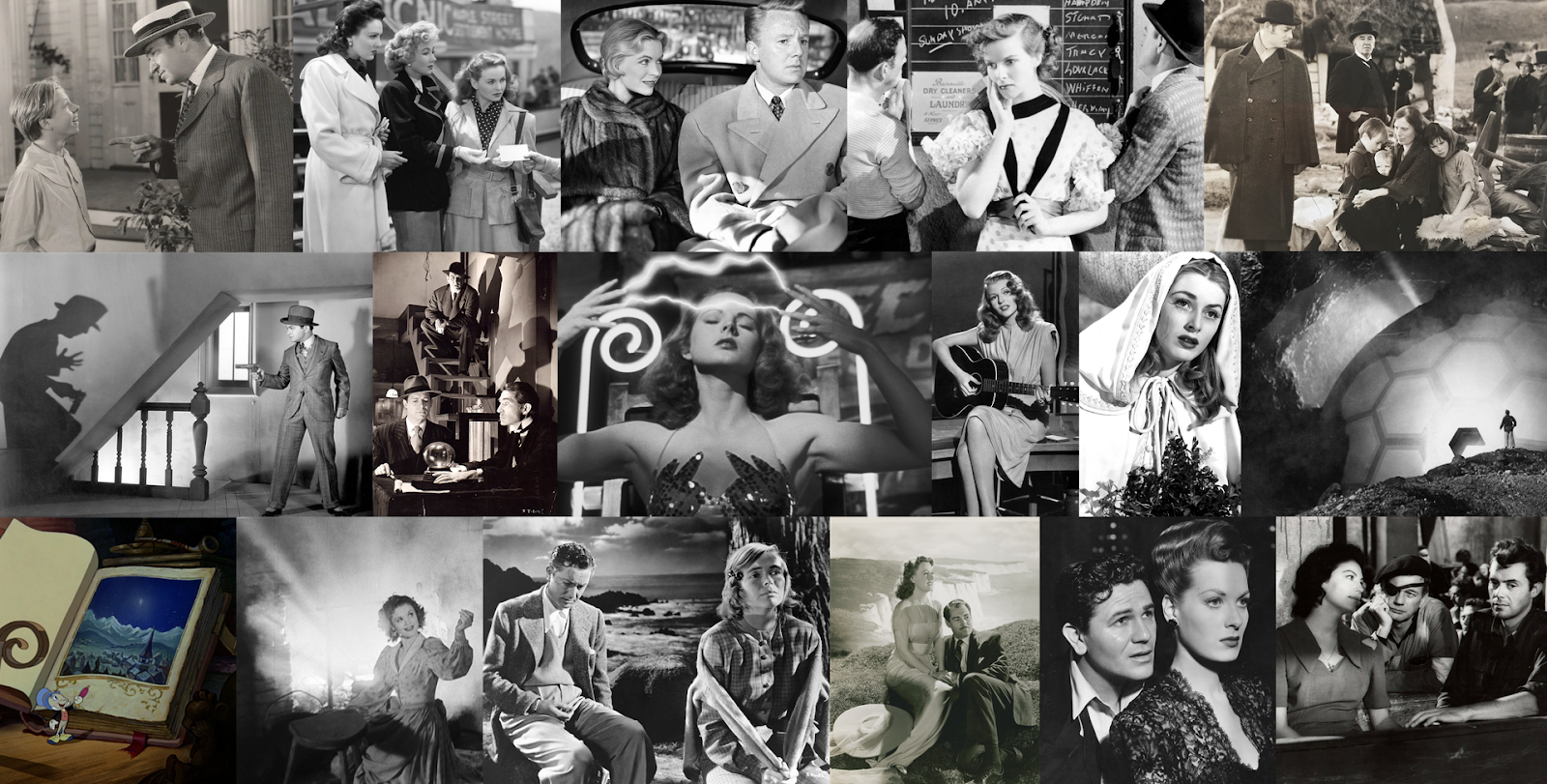
I stumbled across a theme for this podcast, and by extension the next several months, only when I watched Top Gun about halfway through August. Then the idea kept getting reinforced by the outside world: what was playing in theaters, showing on TV, trending on social media, and even being given as gifts at a cousin's birthday party (a vinyl record player accompanied by an LP of the Top Gun soundtrack provided the score for that evening). Having bought a Top Gun blu-ray on a whim this past spring, I only found time to watch it after catching up with various other projects and was inspired to keep exploring eighties films as the month went along. I pulled some DVDs from my own collection and ordered others from Netflix; Top Gun itself was initially only meant to be a brief capsule discussion, so for my longer film in focus section I found (free on YouTube), watched, researched, and reviewed the wry, whimsical Desperately Seeking Susan. That choice may have been inspired by the Madonna-scored montage from the third season of Stranger Things which I also talk about on this podcast, finally catching up years after I watched the first episode. And as it turned out, there was so much to dig into with not just Top Gun but its production and tangential themes (the USSR as an implicit enemy, the totalizing eighties aesthetic) that the Tom Cruise action flick became my second film in focus for the month, the first time I've doubled up in years.
I didn't make it to 2022's Top Gun sequel on the big screen, as initially planned, nor was I able to finish watching the newer fourth season of Stranger Things by month's end - those capsules will have to wait till September. However, I did get to reflect - often for longer-than-usual capsules - on a couple first-time viewings (The Hunger and Witness) and return to some classics I'd already seen (Wall Street, Poltergeist, The Breakfast Club, Beverly Hills Cop, and Twins). Twins, I'm pretty sure, was the first live-action film I ever saw in a theater, as a five-year-old in 1988. It's kind of amazing to consider that my college rewatch in 2005 (when the seventeen-year-old movie and my childhood viewing of it seemed like ancient history) is in fact exactly halfway between the present and '88, a generation's length in either direction.
Speaking of generations, that favorite subject comes up not only in some of these capsules (particularly The Breakfast Club) but also the archive reading of my 2012 Fast Times at Ridgemont High review, and the 2022 reflection which follows now that another ten years has passed since I wrote that retrospective. (There were so many potential Opening the Archive picks this month that, in addition to an excerpt on the '84 Olympics in my main episode, I also published an entire bonus episode of readings: reviews of E.T., Brave Little Toaster, An American Tail, The Last Unicorn, and The Secrets of NIMH, plus an essay on meta cultural references in Muppet Babies and other cartoons.) The topic of generations appears first in my behind-the-scenes work update in the non-eighties part of the podcast, which also includes another Marvel capsule for Civil War.
Next month there will probably be more non-decade-themed capsules but also probably even more hailing from that particular decade. But which decade will that be? Should I move backward to the seventies, or forward to the nineties (and onto the zeroes and teens, catching up with many recent acclaimed and popular movies I missed in my lost decade of cinephilia)? I'm leaning toward the latter, but perhaps I'll make some room for at least a sample of the former as well.
As for other Patreon rewards, after falling behind in the mid-summer I was able to publish all three character advances for August well before the end of the month. These entries provided a particular challenge since a couple of them actually covered more than one character, entailing research into multiple actors...
(become a patron to discover their identities)
I already cross-posted the full conversation a week ago, but specifically on Patreon I published almost an hour of extra discussion with author Lindsay Hallam for the $5/month tier. The occasion that night was the thirtieth anniversary of Fire Walk With Me...
Podcast Line-Ups for...






